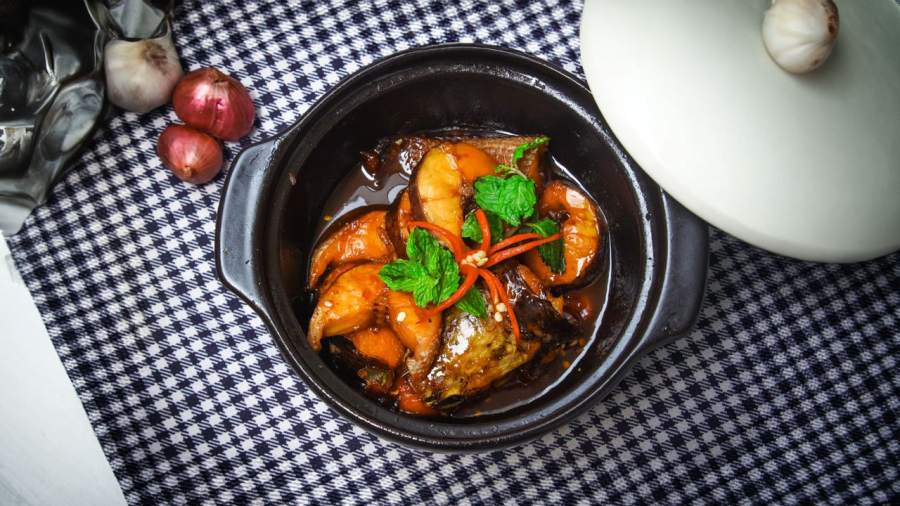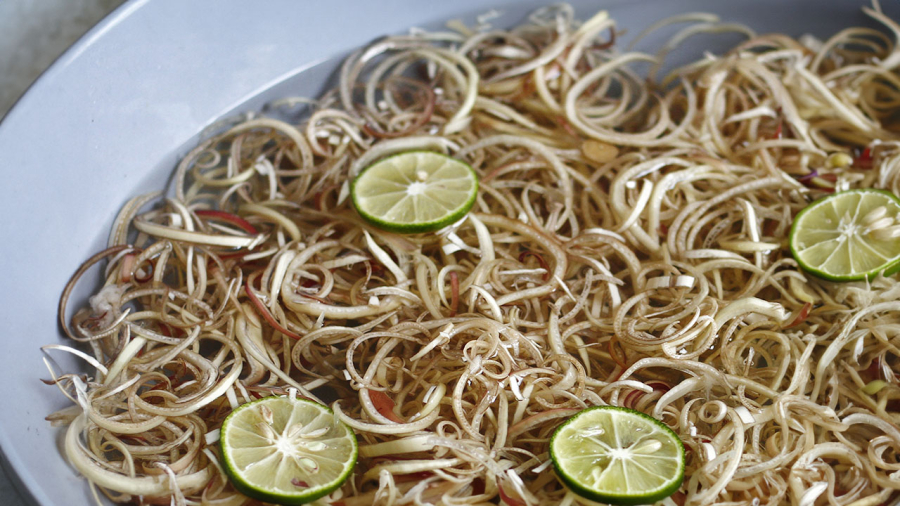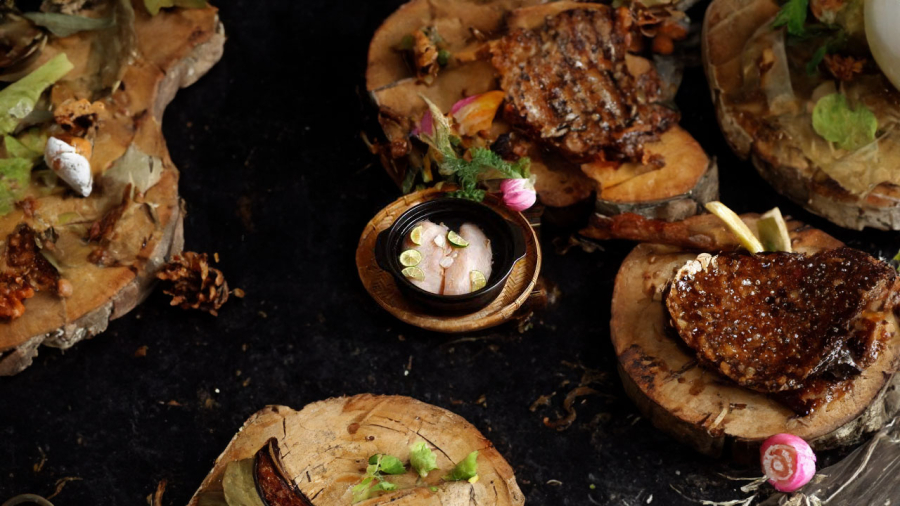Lemons are a fruit used for drinking water, spice in dipping sauce, and as a sour taste in boiled water. But few people know about adding lemons to braised fish. Many experienced chefs have learned this technique from the people and developed it with modern knowledge into a secret used in many dishes.
Using lemons to braise fish or meat
Squeeze lemon juice, remove the seeds and pour into the fish or slice it, removing the seeds and laying them at the bottom of the braised fish pot will make the fish fragrant, not fishy, and have a deep color. This acid in lemons helps break down the bones quickly, making the fish tender and not crumbling. Lemon juice also helps create this effect. The acid in lemons helps break down the bones quickly, making the fish tender and not crumbling like cooking in regular water.

When braising meat, if you want the meat to be tender, the smart chef will also add a little lemon juice to marinate the meat to make it softer. The smart chef understands that the acidity of the lemon helps break down the muscle fibers, making the meat softer.
Line a few slices of lemon at the bottom of the braised fish pot without worrying about bitterness, but it also smells good because the lemon peel creates a fragrant aroma and removes the fishy smell. Instead of using lemons, some people may use vinegar.
Using lemons to make chicken breast more tender
Chicken breast is considered a good type of meat, rich in healthy protein and low in cholesterol. But few people like to eat chicken breast because it is lean, dry, and easy to become tough when cooked. So boiled chicken breast, braised or simmered is almost a typical dish for gym-goers and those on a diet. To make the chicken breast more tender, soak it in a mixture of lemon juice and water, then boil or simmer it, and the chicken breast will become tender and juicy.

Lemons help boiling meat and white hearts smell good
When boiling pork leg meat, pork belly, or pig hearts, besides the tips for timing, preparation, and washing, a good cooling method is also needed. Prepare a bowl of ice-cold water, put the hearts and meat in it, and then add lemon juice. This ensures that the meat and hearts are perfectly cooked, crispy, and retain their white color. Cooling with ice water helps the hearts become crispy and crunchy, and adding lemon juice helps keep them white and fragrant for longer.
Using lemons to prevent banana, banana flower, and water spinach from browning
When preparing green bananas, cutting banana flowers, or splitting water spinach, if you want them to be white and not brown, immediately put them in a bowl of water mixed with lemon juice after cutting. Dip your hands in lemon juice while processing to prevent your hands from getting black. This method helps lemons remove the sap from bananas, banana flowers, and water spinach so that they are no longer sticky and do not turn brown.

Lemons help defrost fish while keeping the flavor
When taking food out of the freezer, they often have a less appetizing smell than when you first bought them, and defrosting can take a while. At this point, add lemon juice or vinegar to the defrosting process. The citric acid in lemons helps melt the ice faster and helps keep the protein fibers fresher for longer. Citric acid in lemons is a natural preservative. So when defrosting, dissolve the lemon juice, sugar, and salt in water, then add the meat to the defrosting process to make the food defrost quickly while still preserving its delicious aroma without losing its flavor and without the intrusion of bacteria.
































